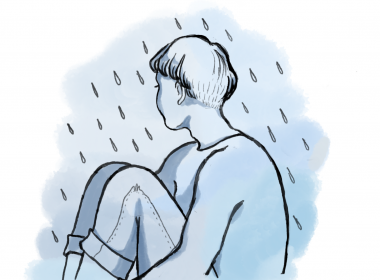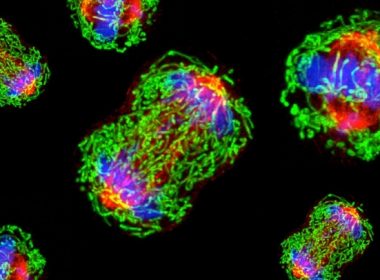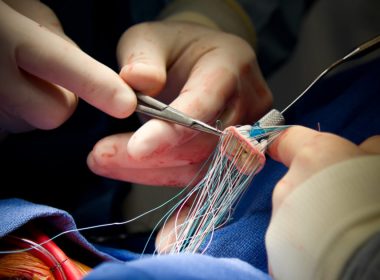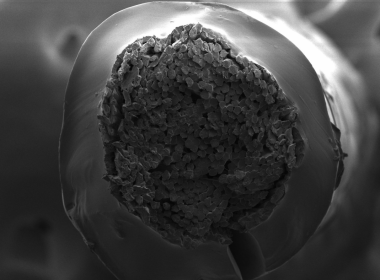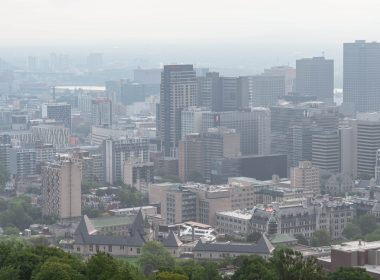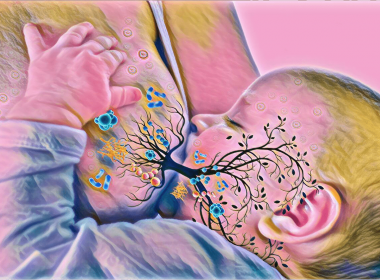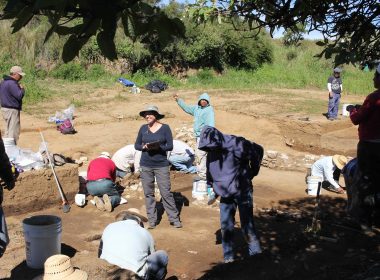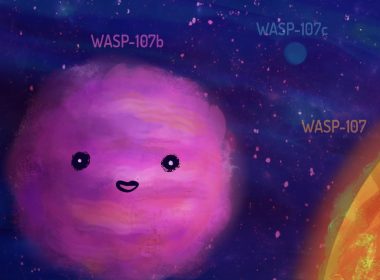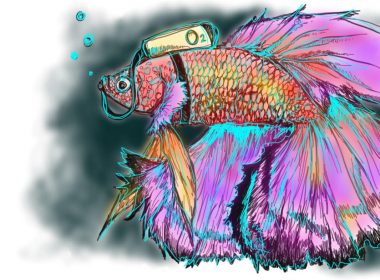Content warning: Mention of suicide and suicidal ideation. Young people aged 18-29 reported some of the highest rates of depression and anxiety during the COVID-19 pandemic. Even before the social isolation wrought by the pandemic, rates of suicidal ideation among college-aged individuals were troubling: In a 2019 sample survey of[Read More…]
Research Briefs
McGill researchers set the stage for new triple-negative breast cancer therapy
A cancer diagnosis can radically change the course of a person’s life. Nearly one in two Canadians is expected to develop cancer over their lifetime, and one in four is expected to die from it. Fortunately, physicians have an increasingly effective array of treatments available to counter this devastating disease. [Read More…]
New aortic prosthesis reduces heart surgery operation time
On May 31, a research team at the Montreal Heart Institute (MHI) became the first in Canada to implant a new cutting-edge biological prosthesis into a patient’s heart. The main purpose of the device is to substitute a faulty aortic valve—a valve that regulates blood flow between the heart’s main[Read More…]
From benchtop to bedside: How tendon-inspired sutures can help heal wounds
Sutures, the threads designed to close wounds and promote healing, have been used for thousands of years, having originated in ancient Egypt. Since their invention, physicians and scientists have experimented with a wide array of materials, from hemp and cotton to more modern synthetic fibres. New techniques have been developed[Read More…]
Deadly pollutant PM2.5 is lacking regulations worldwide
Particulate matter (PM) 2.5 is a group of airborne particles smaller than 2.5 micrometres found in ash, dust, vehicle exhaust, smoke, and sometimes the air we breathe. A micrometre is roughly one-millionth of a metre—about 30 times smaller than the average diameter of a human hair—and is only visible with[Read More…]
Exploring the microbiota of human breast milk
Until recently, scientists presumed that breast milk—the primary source of infant nutrition— was microbe-free. However, recent studies have found that breast milk contains a healthy dose of good bacteria. These microbes originate from the mother’s gut microbiota—the harmless micro-organisms that colonize the human digestive system. The microbiome performs diverse functions[Read More…]
Study finds gender gap continues to persist in archaeology
For centuries, women have fought to have their scientific contributions recognized, and the challenge to secure tenure-track positions in academia is no different. Despite women representing two-thirds of all Canadian doctorates in archaeology today, they only comprise one-third of the country’s tenured faculty. Lisa Overholtzer, an assistant professor of archaeology[Read More…]
Determining the criteria for postmortem organ donation
In the past, a person’s death was determined by the absence of breathing and a heartbeat. However, the introduction of the mechanical ventilator has complicated death determination. In patients with severe damage to the brain, breathing stops, which causes the heart to stop beating. Through life support, doctors can now[Read More…]
Puffy exoplanet challenges traditional notions of planet formation
Since the first exoplanet was discovered in 1992, scientists have identified more than 4,000 of these astronomical bodies. Exoplanets—planets found outside our solar system—have been shown to challenge traditional theories of planet formation, which were based on Earth’s own system. A recent study has revealed that gas giants can form[Read More…]
Disappearing giants: How warming oceans are suffocating large fish
Since 1981, the mean global ocean temperature has risen at an average rate of 0.18 degrees Celsius per decade. This has had serious impacts on the health of marine species; as oceans warm across the world, fish that are unable to cope with climatic changes, such as cardinalfish, are disappearing[Read More…]
